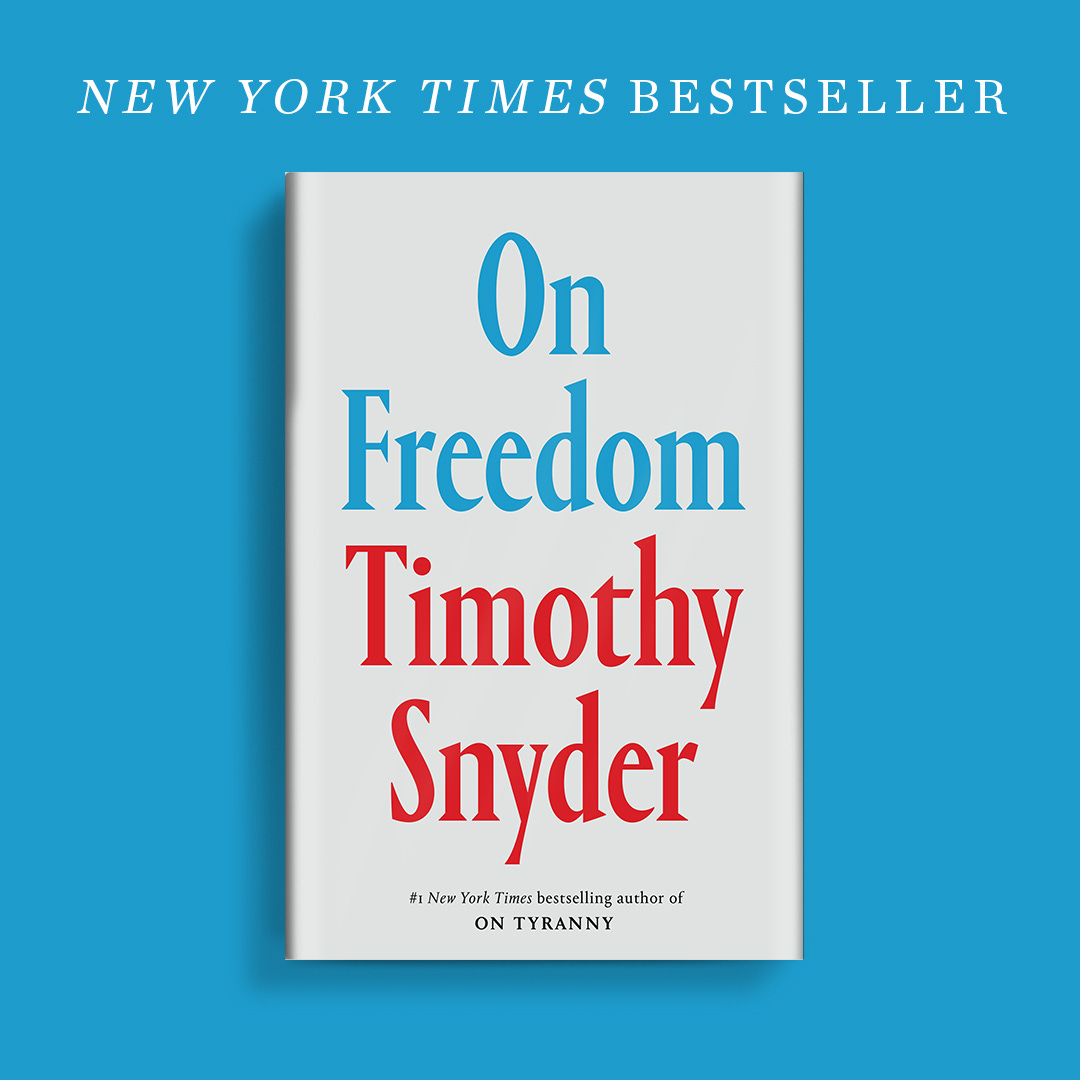The Polling Cave
And the Voting World
In Plato's famous parable, we are all prisoners in a cave, believing that our shadowy surroundings are reality, but needing to break out into a sunnier, airier, more lively world.
During our American election cycles, polling is the cave.
Very early on, polls establish some baseline of expectation. Then newspapers can report when some poll says something surprising -- which just means different from other polls. In the cave, we get used to the overlap of shadow, and confuse this with light.
Polls ask people to judge between two candidates. They rarely ask about policy. We are looking only at what is placed right in front of us. Out in the world, though, beyond the polling cave, it is differences of policy that matter in our lives. And so our polling obsession gets in the way of the knowledge we would actually need to make judgements.
The polling cave is where we pass the time. And we come to think that our shadowy media domicile is just nature. The media treat the polls as normative, as describing the world as it should be. Our own behavior, when election day comes, will then be characterized as a "polling error."
In Plato's story of the cave, we are all driven from this emotion to that by those who manipulate us. They walk behind us, holding objects that cast frightening shadows on the wall in front of us. And so it is in our polling cave. We are told that the polls are close, and that therefore the election will be close. And so the cave is full of tension.
This is, of course, a convenient situation. The candidates can tell their supporters that they must vote. The media can hover at the edge of two dramatically different scenarios. But we have to remember that this is just a game of shadows. It is not the reality that we will live in after election day.
And the game, it must be said, has not been played fairly. Since the story of a close race was established early one, the people who accumulate and judge the polls have been dismissing individual polls that tell another story.
And even were that not the case, even were all the polling perfect, it would not mean what we tend to think. If all the polls were adjudged to predict a very close race, that just means, quite literally, than anything is possible: it could be close, or it could be a landslide for Harris, or it could be a landslide for Trump.
So don't be surprised if this election is not close. Even the pollsters, if you listen carefully, are telling you that a clear victory by one candidate or the other is more likely than a narrow result.
And above all, get out of the polling cave and into the real world. Vote, and relish that you can vote.
There is a world out there, one that is not driven by our anxieties and their profiteers, one that, every once in a while, can be changed by our actions.
We have been held for months in the polling cave. But today you can escape that shadowy delusion and help create a better world outside.
So get out there and be part of the big surprise.




There are lies, damn lies, statistics, polls, and then there are Republican polls.
Ever since the Great Polling Debacle of 2016, I ignore the polls, all of them, the good, the bad, and the ugly.
Professor Snyder, thank you so much for giving me and so many of us hope and useful perspectives through these years. This one particularly welcome today and I am already sharing it with my loved ones across the country and world, who are standing as well in solidarity with the better angels of our natures today.